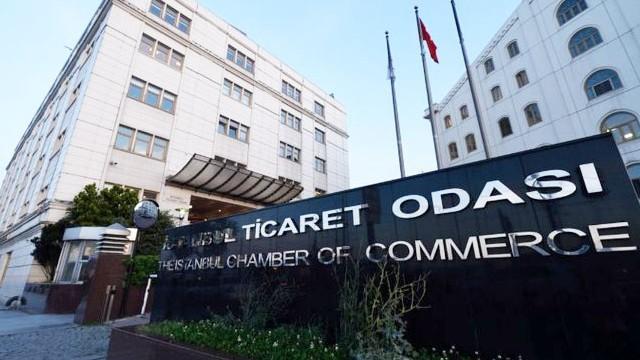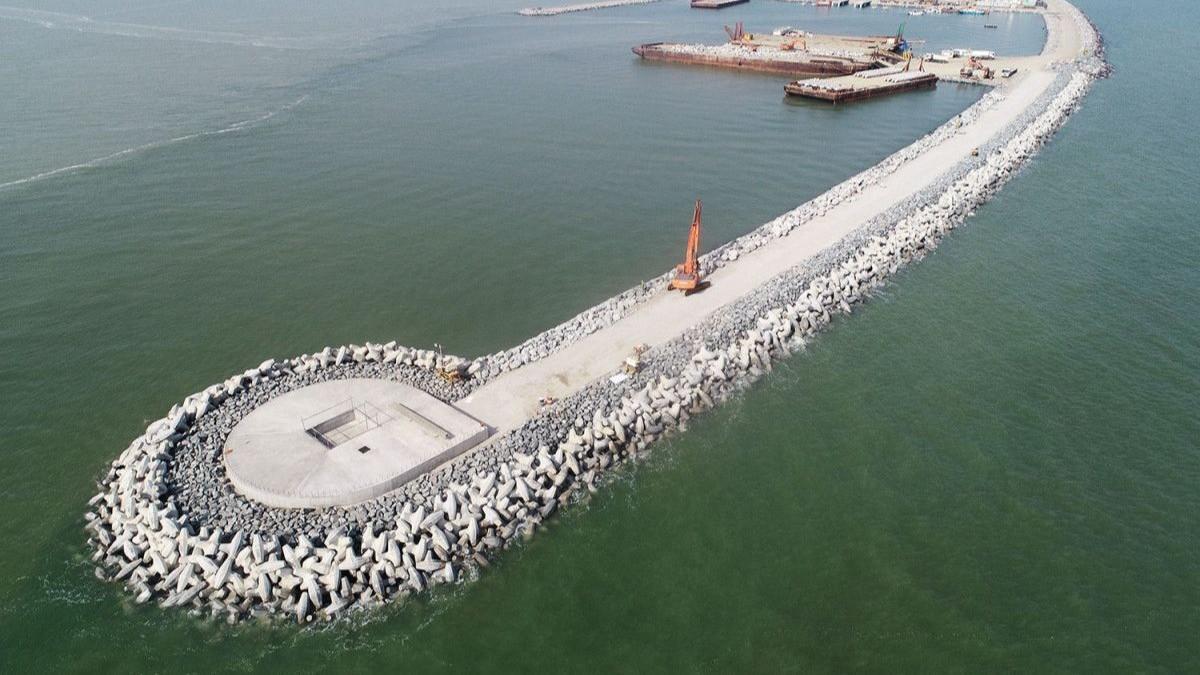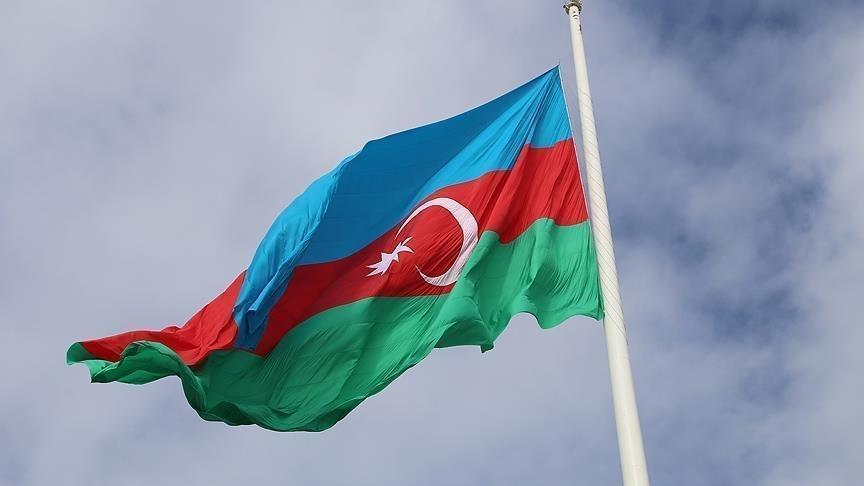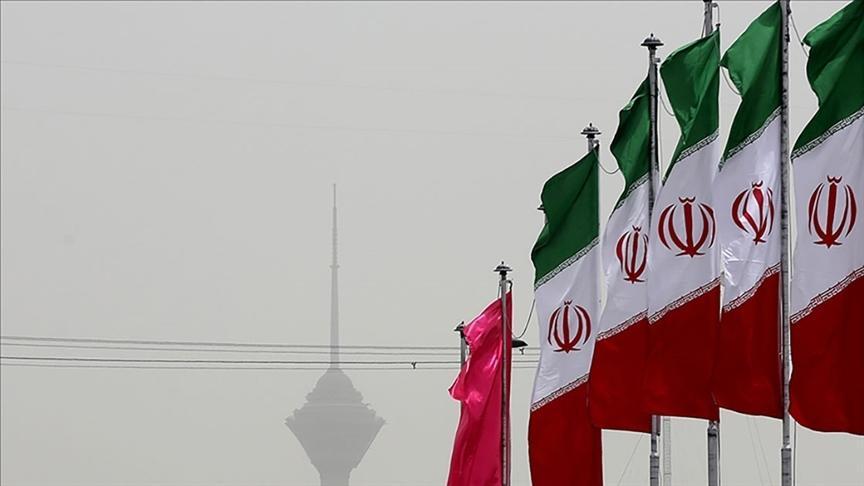1915: Genocide or not?
Mehveş Evin
After the Pope’s remarks, the calls from the European Parliament stating that “1915 is a genocide, Ankara should open its archives and make peace with Yerevan” received harsh reactions from Turkey. It was known that remarks like these would come during the 100th anniversary of 1915, but obviously nobody in Turkey had done their homework. More precisely, the government chose a simplistic approach of thinking “we will publish a condolences message with a language that suits us, and then it is all over.”However, the government’s first reactions reflect a guilty psychology. It takes a defensive approach, while claiming responsibility for the actions of the Committee of Union and Progress (Ittihat and Terakki, or Young Turks). Some of the reactions are gory. For example, President Tayyip Erdogan spoke of deporting Armenians with Turkish citizenship, just like deporting Armenians living illegally in this country. Prime Minister Ahmet Davutoğlu, on the other hand, actually accepted the genocide when he talked about “opening” the archives of Europe’s history too. Isn’t reacting to the West’s “genocide pressure” by referring to colonialism and asking “what happened to the Aborigines, Indian Americans, and African tribes?” just another way of saying that genocide took place in 1915”?
Is someone holding you back?
Anyway, please do question any instance where native people were massacred. Is someone holding you back?
Of course it is not the same thing. Other countries, by apologizing, by not preventing criticism of the massacres in their history through media and cinema, by belatedly recognizing surviving natives’ rights, have faced their ancestors’ crimes and their own history. Of course, it is still not enough and more has to be done.
Specific to 1915, the Republic of Turkey has still not given up its denial policy. Efforts continue to show that it was “normal” for more than one million civilians to be killed by reminding of Armenian gangs’ crimes and “betrayal.” But what about the murdered intellectuals, the raped women, the Islamized children who were taken away from their parents, the young and old people who were put on roads and left to starve to death? Are we going to call it “deportation”?
Is it enough to publish a condolences message for “the innocent Ottoman Armenians who lost their lives,” as if the death of a million people was a natural thing?
Humanity criteria
One hundred years have passed. As some Turkish people and the state know, 1915 was a heavy humanitarian and war crime. Bülent Arınç has personally stated: “We didn’t carry out genocide knowingly or purposely. The ones who carried out genocide are obvious.”
However, the fact that the United Nations didn’t define “genocide” until 1948 does not mean that genocide was not carried out previously.
Are we going to decide according to U.N. criteria? Or according humanity’s criteria?
Calling 1915 “genocide” would not bring sanctions to Turkey. Fears of compensation and demand for land are groundless. Instead, recognizing it could affect individual lawsuits, many of which are currently ongoing.
It may be difficult and controversial for the state to describe 1915 as genocide. But what is truly difficult is living with lies and denial for years. It is truly difficult to continue observing how crimes that were carried out or overseen by the state are being kneaded with the same culture of denial.
In a new century, this denial means sentencing new generations to live in the darkness and lies of the past.
How can you share the pain?
- One cannot share pain and be sincere by resorting to the blackmail of “you tell your crime first.”
- Yes, Armenian gangs killed Turks too. But pain cannot be shared unless official history and discourse stops telling a single-sided story, as if there is no before and after.
- Putting the burden of responsibility on the causes of World War One amounts to justifying the Committee of Union and Progress, who collaborated with the Germans, but not sharing the pain.
- Describing genocide recognition as hate speech basically means not knowing what genocide really means.
- “Greatness” is for those who are sincere about friendship and peace, and who are ready to face reality.
This article published in daily Milliyet on April 22, 2015 received the Global Political Trends (GPoT) Center’s ‘Turkey–Armenia Journalism’ award. It was translated from Turkish by Muhammed Ammash.











